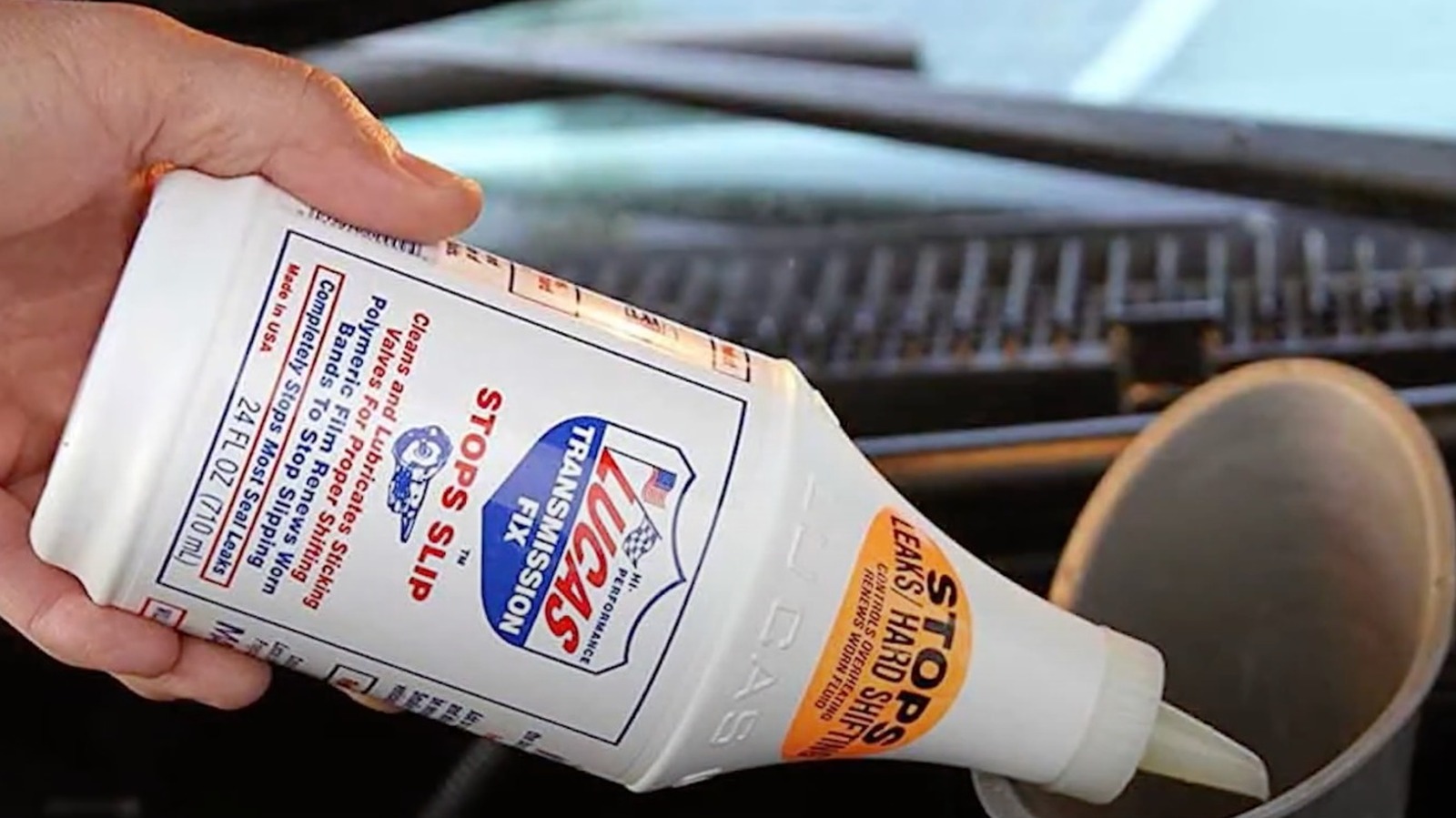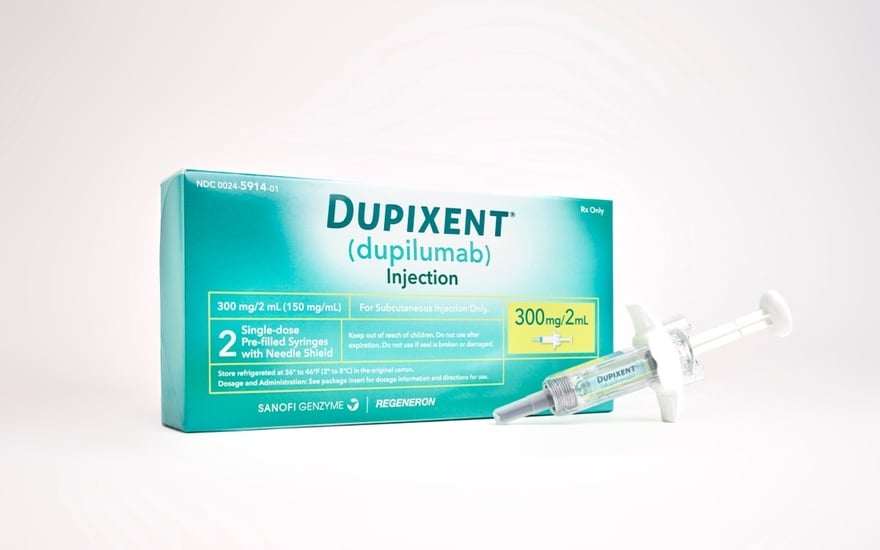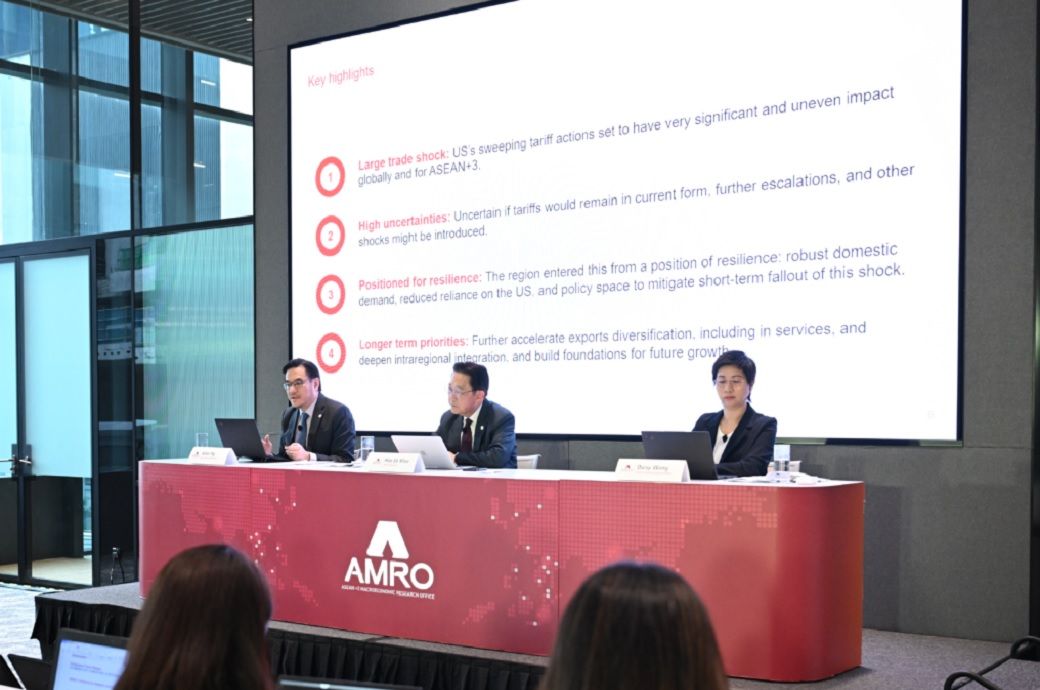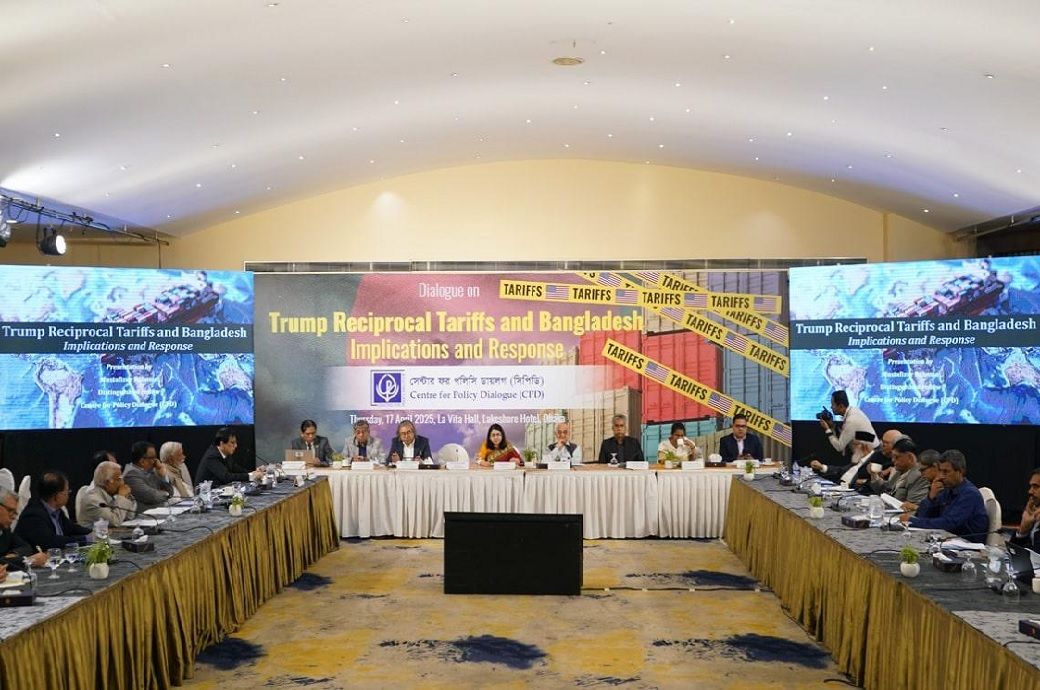Immunomodulatory Peptides for Tumor Treatment
Advanced Healthcare Materials, Volume 14, Issue 5, February 18, 2025.

This work introduces the role of peptides in immune regulation of innate and adaptive immune cells, as well as immune checkpoints. Then this work introduces two strategies for delivering polypeptides: peptide self-assemblies, and peptide-functionalized nanocarriers. Finally, the challenges and prospects of peptides in tumor immunotherapy are summarized.
Abstract
Peptides exhibit various biological activities, including biorecognition, cell targeting, and tumor penetration, and can stimulate immune cells to elicit immune responses for tumor immunotherapy. Peptide self-assemblies and peptide-functionalized nanocarriers can reduce the effect of various biological barriers and the degradation by peptidases, enhancing the efficiency of peptide delivery and improving antitumor immune responses. To date, the design and development of peptides with various functionalities have been extensively reviewed for enhanced chemotherapy; however, peptide-mediated tumor immunotherapy using peptides acting on different immune cells, to the knowledge, has not yet been summarized. Thus, this work provides a review of this emerging subject of research, focusing on immunomodulatory anticancer peptides. This review introduces the role of peptides in the immunomodulation of innate and adaptive immune cells, followed by a link between peptides in the innate and adaptive immune systems. The peptides are discussed in detail, following a classification according to their effects on different innate and adaptive immune cells, as well as immune checkpoints. Subsequently, two delivery strategies for peptides as drugs are presented: peptide self-assemblies and peptide-functionalized nanocarriers. The concluding remarks regarding the challenges and potential solutions of peptides for tumor immunotherapy are presented.







































































































































































